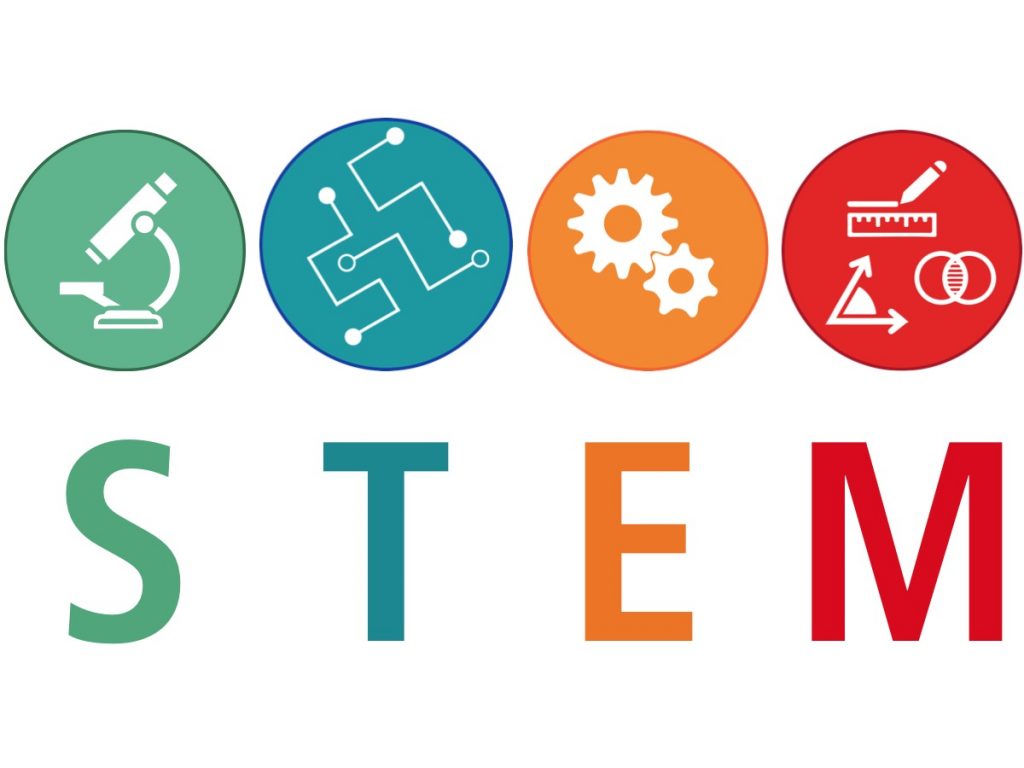
Children need help developing their skills and understanding in Science, Technology, Engineering, and Math. These four fields together are often referred to as STEM fields. STEM is a way of thinking that involves observing, questioning, testing ideas, and creating. People working in STEM fields solve problems and create innovative products and technologies. But we all use STEM every day. STEM skills help us analyze information, think critically, and solve problems throughout our lives.
Learning STEM is like building a house. Learning starts from the bottom up in an active process. Early skills help establish the foundation for later learning. This is why it’s important to build children’s STEM skills starting at an early age. STEM helps children figure out how to solve tough problems. Experimenting and checking their results help children become better problem solvers. When children work together on projects, they build teamwork and communication skills. These skills are also important for success in school. In fact, early math skills are the strongest predictor of later school achievement. These early math skills are just as important as early reading skills in predicting children’s success in reading in elementary and middle school.
-
- Scaffolding
- the support a caregiver provides a child to help them achieve more than they would be able to accomplish on their own
- STEM
- (science, technology, engineering, math) a group of topics linked by a common focus and approach